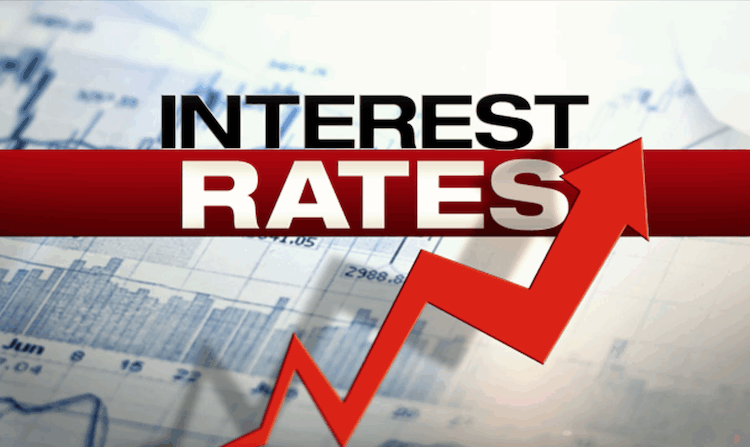Manufacturers have urged the Central Bank of Nigeria (CBN) to cut interest rates to safeguard the industrial base from high borrowing costs.
This is because the current interest rate regime was constraining finance costs for the members, which surged by over 44 per cent, increasing from N1.43 trillion in 2023 to N2.06 trillion in 2024 and continuing to rise.
Recall that at its 300th meeting on Tuesday, the Monetary Policy Committee (MPC) of the CBN held all policy parameters unchanged; MPR at 27.5 per cent, Asymmetric Corridor around MPR at +500/-100, Cash Reserve Ratio (CRR) for commercial & merchant banks at 50.0 per cent & 16.0 per cent respectively, and liquidity ratio at 30.0 per cent.
Speaking, the director-general of the Manufacturers Association of Nigeria (MAN), Segun Ajayi-Kadir, expressed deep concern over the Central Bank of Nigeria’s decision to maintain the Monetary Policy Rate (MPR) at 27.5 per cent since November 2024, saying that this decision stands in stark contrast to global trends where countries have reduced interest rates to stimulate economic growth.
Ajayi-Kadir emphasised that “high interest rates put Nigeria in ranks as the sixth most expensive country for credit, hindering the manufacturing sector. With local lending rates exceeding 37 per cent, manufacturers are struggling to meet operational costs, expand production, and remain viable. The inability to access affordable financing threatens the ‘Nigeria First Policy’, aimed at strengthening local industry.
He noted that “the impact is evident, as the manufacturer’s CEO’s Confidence Index has dropped from 50.7 to 48.3 points, signalling growing unease within the sector. While high interest rates may attract short-term foreign investment, they are damaging domestic industries and limiting sustained economic growth.”
MAN urged “the CBN to reconsider its monetary policy, advocating for significant cuts to the benchmark interest rate and the implementation of incentives for commercial banks to offer concessionary rates. Additionally, they request the approval of N1 trillion for distressed manufacturers and an increase in the capital base of the Bank of Industry.”
The director-general of the Lagos Chamber of Commerce and Industry (LCCI), Dr. Chinyere Almona, emphasized a cautious approach to interest rates as the Monetary Policy Committee (MPC) maintains current parameters, saying though headline inflation has slightly decreased to 23.71 per cent, Nigeria’s economic landscape remains challenging, driven by exchange rate volatility, rising costs, and structural issues. A premature interest rate cut could undermine investor confidence.”
She urged the MPC to provide a clear, data-driven roadmap for potential future easing, reliant on indicators such as sustained disinflation, improved foreign exchange stability, and recovery in the real sector, particularly for micro, small, and medium-sized enterprises (MSMEs).
Almona also noted that the current high MPR hinders private sector growth, particularly affecting MSMEs, calling for coordinated efforts with fiscal authorities to address inflation’s root causes.
She insisted on proposed strategies include supporting production-focused reforms, enhancing development finance for key sectors, promoting transparency in lending rates, and stabilizing the FX market.
The LCCI advocated for a balanced approach that contains inflation while revitalizing Nigeria’s economy through data-informed monetary policies and strategic sector support.





